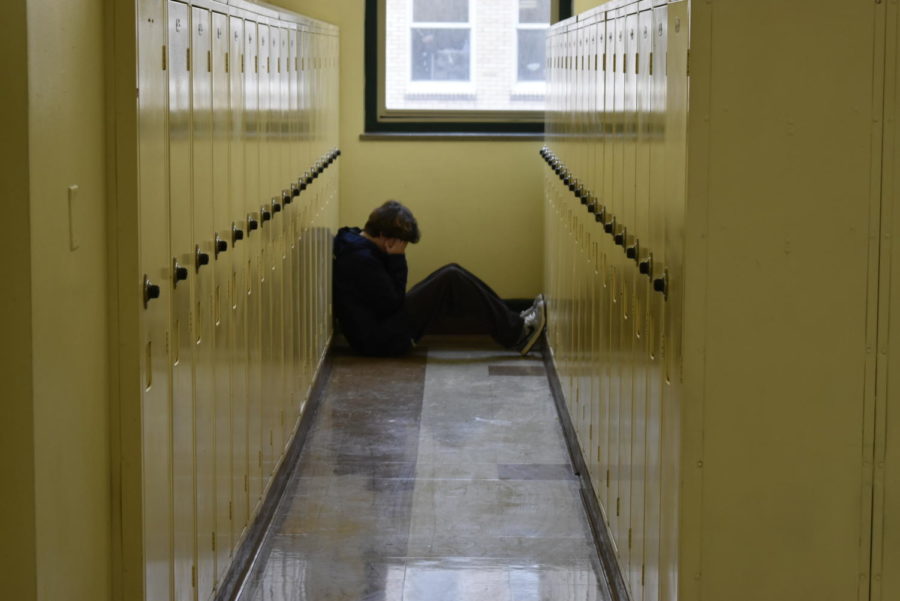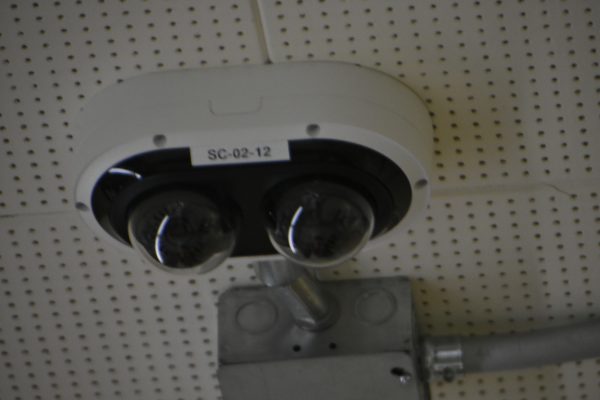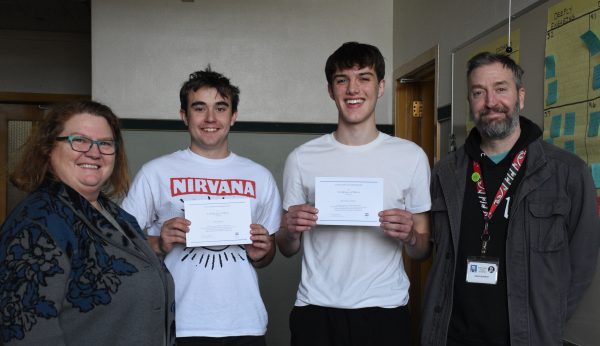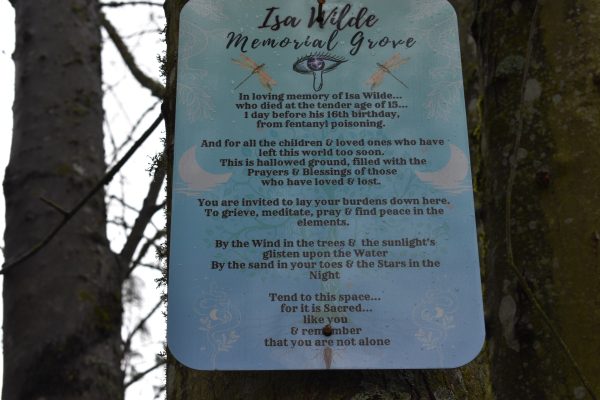Recent Survey Shows Need For Mental Health Awareness
BIPOC and LGBQT student populations have higher rates of mental health crisis, survey shows.
Clarion photo Cassius Geske
Students should remember to ACT (Acknowledge, Care, and Tell) if they notice someone having a mental health crisis.
According to recent mental health surveys done on Cleveland High School students, a distressing amount of kids have considered suicide, and among them, there is an overwhelming percentage of students who are are BIPOC or LGBQT.
On the most recent mental health screening for Cleveland High School students, 604 kids participated with 30% of those surveyed being students of color. Of all participants, 54% were male, 38.6% were female, and 7.4% were non-binary, said Michelle Hardaway, the school social worker.
The survey asked if students had thought about suicide within the last four weeks, and 81 (14.8%) of the students said they had. Of those 81 people, 35% were students of color and another 17% were non-binary. On the question of if you have ever attempted suicide, 66 students (11%) said they have tried, with 44.4% of those being students of color.
These statistics are alarming and show a huge mental health crisis as well as an overrepresentation of BIPOC and LGBTQ kids considering suicide, said Hardaway, explaining that this information tells us that the school needs to be fully aware and put more effort into mental health services, especially for LGBTQ and BIPOC populations.
Hardaway said there are a lot of resources available to Cleveland students and parents looking for info and advice. There is a parent resource guide that goes out to families and safety plans can be put in place for people who are struggling. Mental health screenings are also given to students who have reached out to the school.
Students who use substances have an increased risk for suicide, so they have the option to get a substance counselor that helps them with addiction intervention and supports their mental health. The most important responsibility that we all have, is to take kids who say they have suicidal thoughts seriously, Hardaway said.
“ACT” is an acronym that helps people remember what to do when someone tells them that they are thinking about suicide. It stands for acknowledge, care, and tell. These are the actions one should take when considering another person’s suicidal thoughts. Acknowledge their feelings, care for them openly, and tell a trusted adult. It’s something that all students learn about in health class.
There are a few warning signs that students should be aware of if they are wondering if someone they know might be thinking about committing suicide. These signs can include: constantly talking or joking about suicide, changes in behavior, displaying self-harm, and withdrawing from others. What students can do is ACT.
All ninth graders are required to fill out a mental health screening so these issues can be dealt with as soon as possible. But if students have any suicidal thoughts, they can talk to any staff member, teacher, or counselor about their mental health as they have all been trained in suicide prevention.
Suicide screenings are administered when a student has been identified as having suicidal thoughts. There are several ways a student can be identified: they can come forward themselves, they can fill out a check-in form to speak with a counselor, or concerned family and friends can refer a student to be screened after a student has been identified as having suicidal thoughts.
All students deserve help, and it’s not a secret students can keep for long; it’s something that should be dealt with as soon as possible, authorities say.













